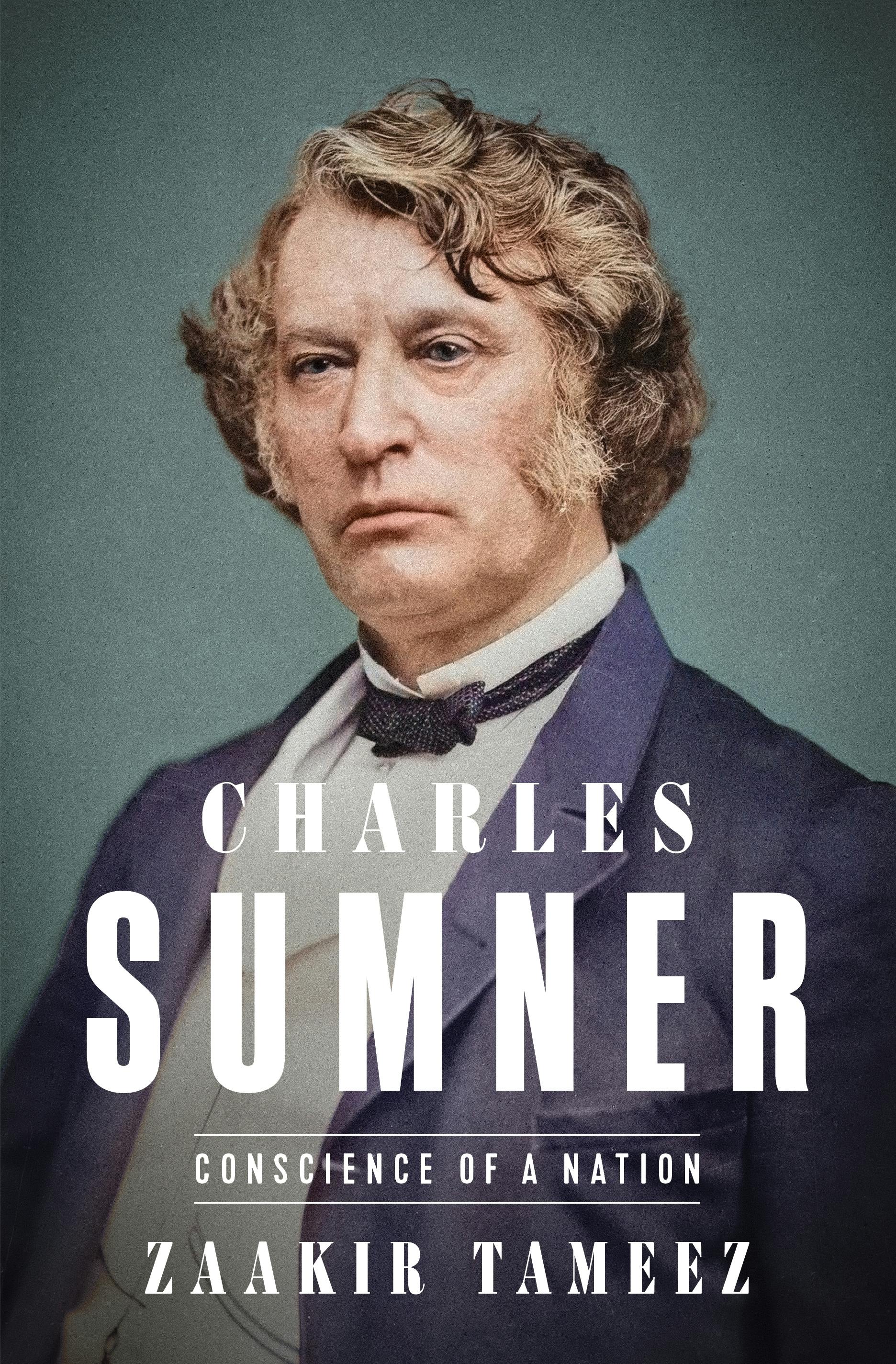Part of Sumner’s motivation for his rousing Cooper Union address was to reframe the Civil War in the eyes of the international community. He believed that a war to emancipate slaves would be politically popular overseas. He was aware from his travels how repulsive American slavery was to Europeans. While European empires still had slavery in their colonies, the institution was declining. Nearly all European countries had also abolished domestic slavery. For example, Austria had ended slavery in 1811; Great Britain and Canada, in 1834; and France, in 1848. By contrast, slavery in the United States was not only legal but expanding rapidly.
Seward firmly instructed American diplomats to insist that the war had nothing to do with slavery: it was purely a domestic rebellion that Lincoln planned to stamp out. Seward wanted the war to be framed in this manner to alleviate the concerns of border states and to leave room for a peaceful reunion with the South. But to foreign audiences, who knew little of domestic concerns, Seward’s message made Lincoln seem to be the aggressor—a terrible messaging strategy, in Sumner’s view. If the war concerned solely territorial integrity, Europeans would sympathize with the Confederacy. They would see a small band of states fighting a war for independence and national self-determination. Indeed, many Europeans found the South inspiring, analogizing their cause to the wave of anti-monarchy revolutions that swept Europe in 1848.
Capitalists, aristocrats, and monarchists in Europe were also excited by the war. It was a sight to behold: the radical, dangerous democratic experiment of America falling apart at last. In France, Napoléon III hoped to see the United States split into two weak nations, which would make his plan to invade Mexico easier. In Great Britain, the home secretary couldn’t fathom what the war was all about. “The South fight for independence,” he noted. “What do the North fight for, except to gratify passion or pride?” Pro-Confederate views were especially dominant in Great Britain. British elites had long been furious at northern tariffs that protected northern manufacturers at Britain’s expense. They preferred the South, which exported to Great Britain three-quarters of the island nation’s cotton. When Lincoln announced a blockade of southern ports at Seward’s advice (a policy Sumner opposed, favoring an embargo), British aristocrats grew even angrier. Textile production was a key industry of their empire. Hoping to curry their favor, the Confederacy emphasized to Great Britain their deep economic ties. “Cotton is the tremendous lever by which we can work our destiny,” Confederate vice president Alexander Stephens noted.
